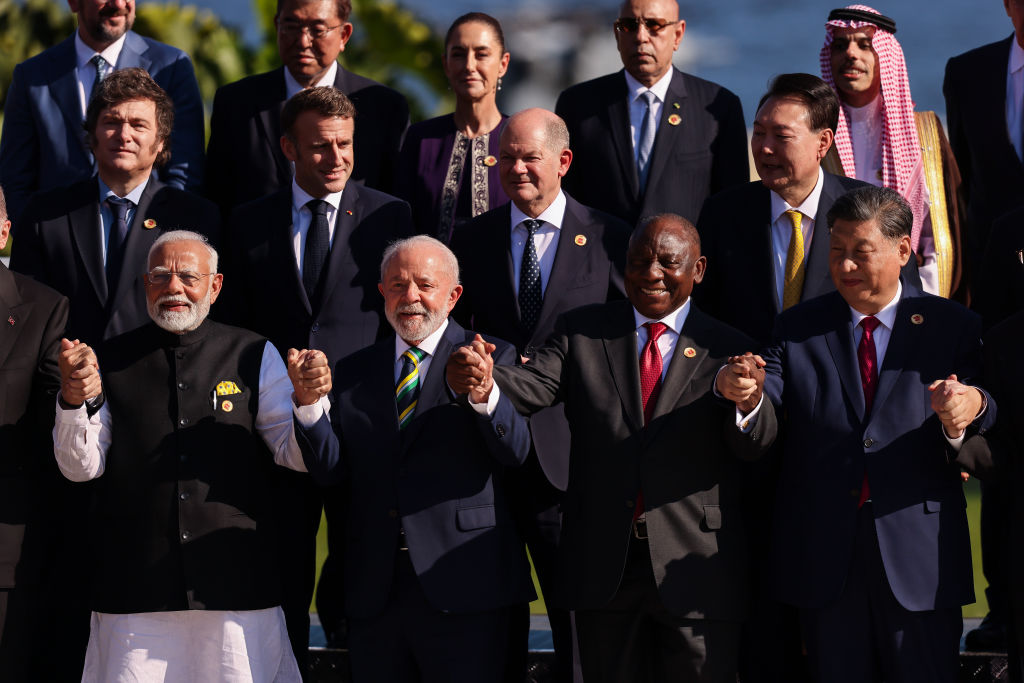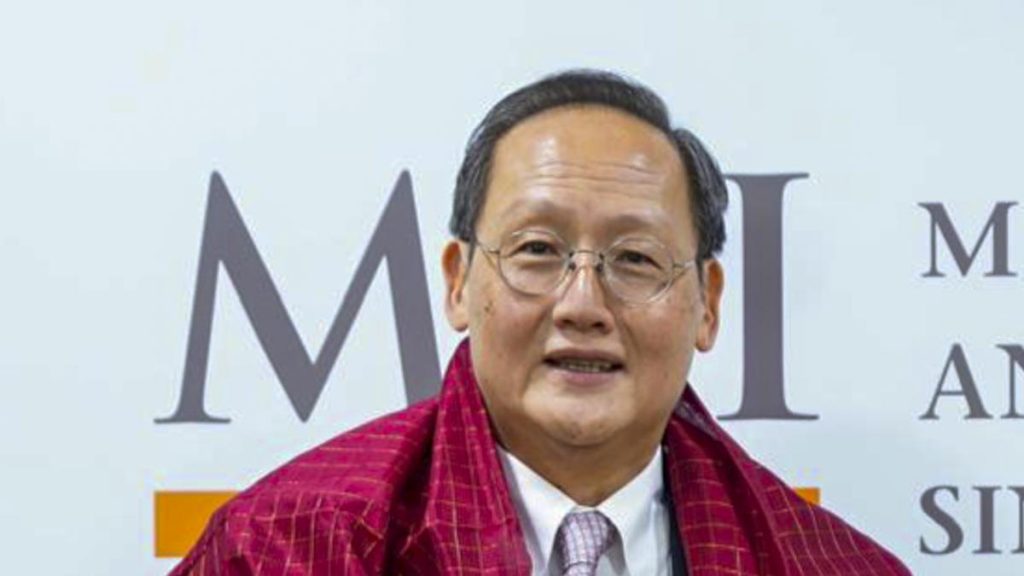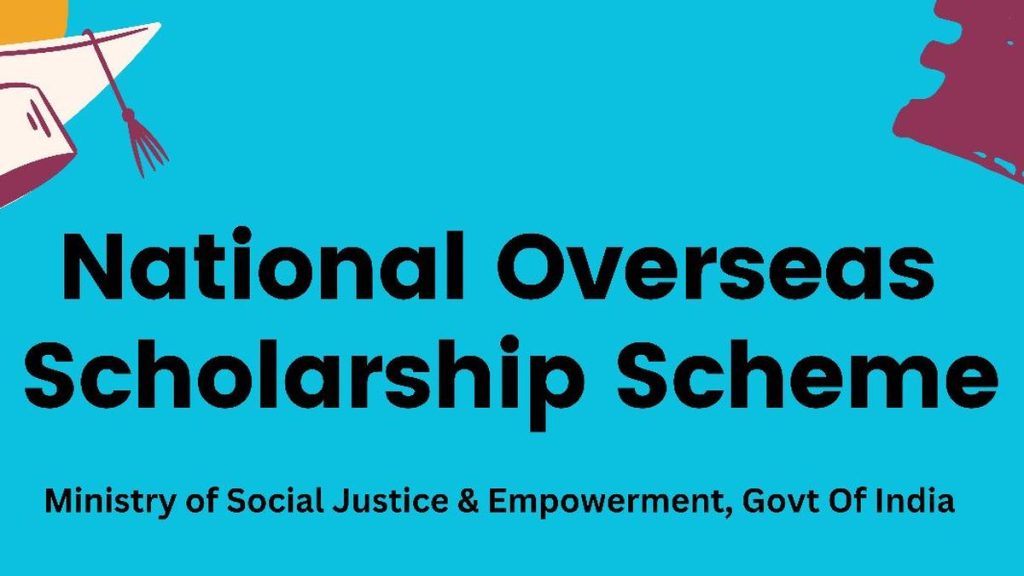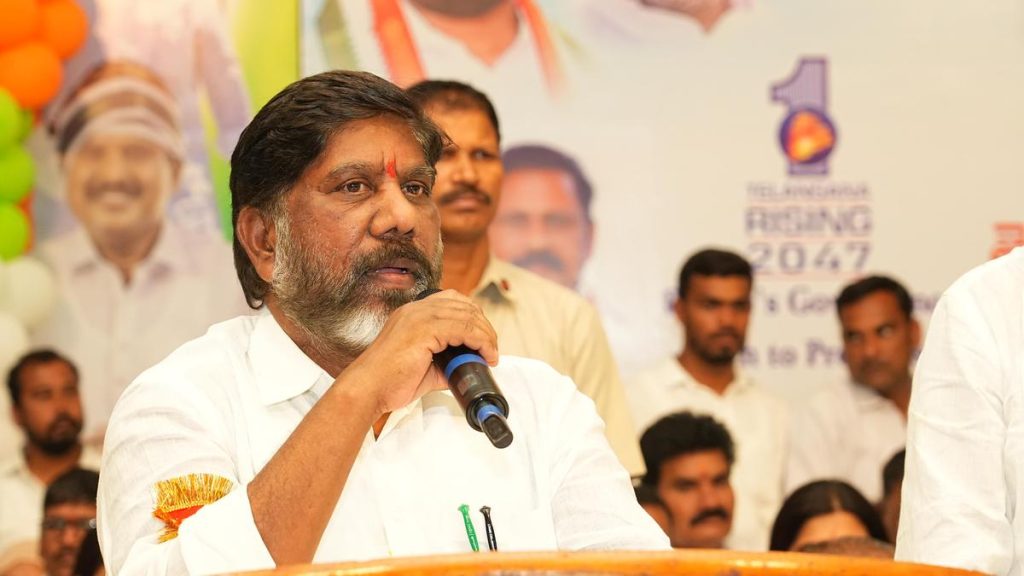Now Reading: Who Will Fund Global Climate Action? The West Remains Hesitant
-
01
Who Will Fund Global Climate Action? The West Remains Hesitant
Who Will Fund Global Climate Action? The West Remains Hesitant

Quick Summary
- The divide between the Global North and South in climate action persists, with developed nations contributing the most to global warming but developing nations suffering more from its impacts.
- Wealthy countries pledged $300 billion annually to aid developing nations in tackling climate change by 2035 during COP29 in Baku, Azerbaijan.
- Commitments are frequently unmet; recent U.S. policies under Donald Trump cut funding for climate initiatives like the Paris Agreement and international programs lead by USAID.
- European countries (e.g., UK, Germany) have also reduced growth aid by up to 37%, redirecting funds to defense or stimulus efforts-equating to nearly $40 billion lost from budgets impacting climate financing.
- China has stepped forward amidst declining Western contributions, pledging enhanced emission targets and increasing diplomatic ties with countries including India.It has given $24 billion in climate aid since 2016.
- Developing countries such as Brazil and India have contributed billions toward multilateral banks supporting emerging economies for climate resilience outside UN frameworks.
- COP30 discussions later this year may address shifts in global leadership, disparities regarding financial contributions, and existing classifications of developed vs.developing nations.
Indian Opinion Analysis
the shift away from Western dominance in international climate financing presents both challenges and opportunities for India as a prominent player within the Global South. As wealthier nations fail to meet pledged support levels, reliance on internal resources or collaboration within emerging economies becomes essential-a situation that could benefit india’s growing status as a regional leader.
China’s call for closer cooperation through its “Dragon-Elephant tango” strategy may offer India meaningful strategic alignment opportunities while necessitating careful navigation of long-standing geopolitical tensions between both nations. Joint efforts could not only enhance India’s capacity for lasting development but also improve negotiation leverage at pivotal forums like COP30.
India’s past financial contributions toward multilateral institutions signal its commitment but also raise questions about equitable burdensharing among emerging powers categorized as “developing.” Any expansion of obligation could pressure domestic programs without clear reciprocal gains from wealthier contributors.
As new alliances redefine global leadership structures on key issues such as emissions reductions and technological innovation sharing, India’s proactive engagement can strengthen its policy influence globally while mitigating disproportionate impacts faced domestically due to delayed external support.
























